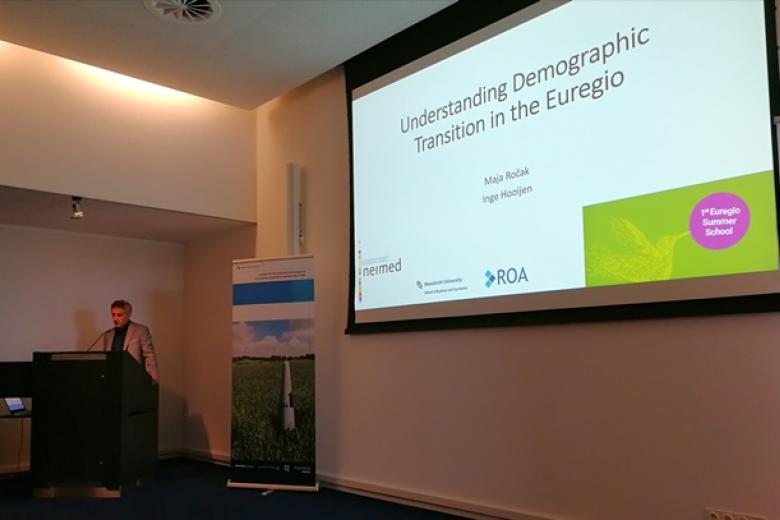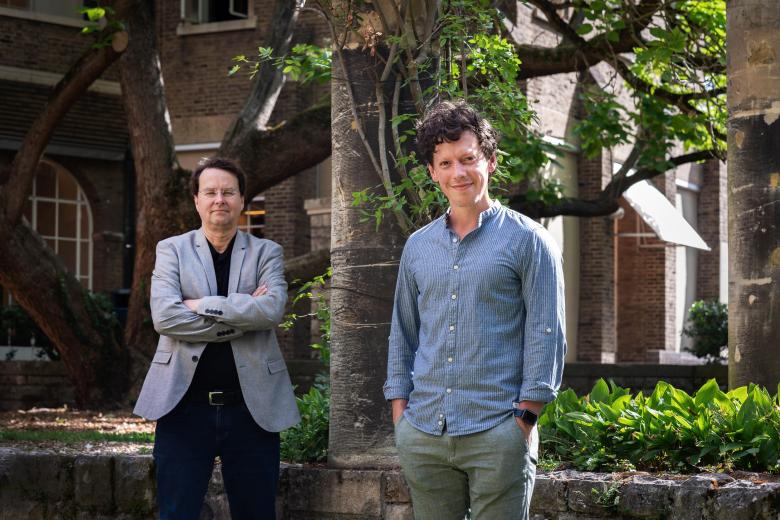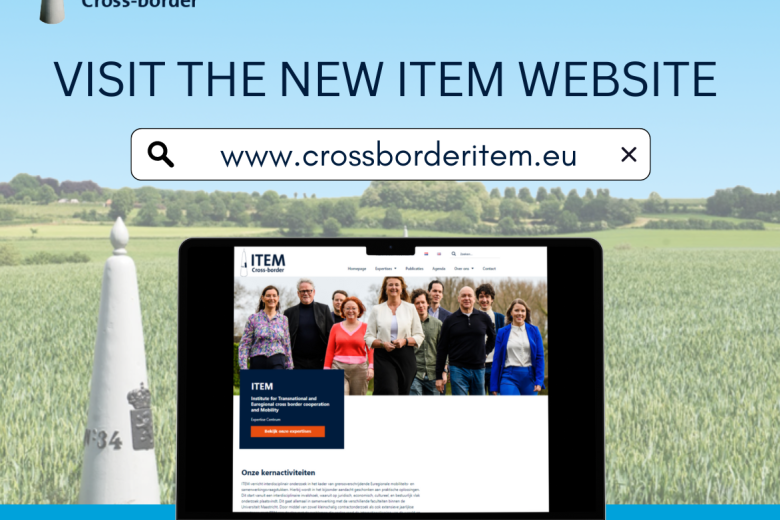30% rule gets transitional right after all
In the Belastingplan 2019 (Dutch Tax Plan 2019) Amendment Memorandum, the State Secretary for Finance announced that the reduction of the 30% ruling from 8 to 5 years will be granted a transitional period after all. The new duration of the ruling depends on the current end date.
Reimbursement
The 30%-rule offers employees from abroad the possibility to receive a maximum of 30% of their salary tax-free under certain conditions to compensate for extra costs that these employees incur to be able to work in the Netherlands. As of 1 January 2019, the duration of this ruling is shortened from a maximum of eight years to five years.
Transitional rights
The earlier version of the tax plan did not include a transitional period. However, there was an exception for school fees for the reimbursement of international schools. This exception has become superfluous due to the transitional law. The new duration of the ruling depends on the current end date. If it is in 2019 or 2020, then it remains unchanged, if it falls in 2021, 2022 or 2023, then the new end date will be 31 December 2020. All later end dates will be shortened by three years.
This news item was published by the Institute for Transnational and Euregional cross-border cooperation and Mobility / ITEM in the context of news regarding cross-border labour.
Source: https://www.tweedekamer.nl/kamerstukken/detail?id=2018Z19953&did=2018D52376
More from ITEM
Also read
-
Presentation Neimed during first Euregio Summer School
From 10 to 15 September 2018, the cross-border and multidisciplinary Euregio Summer School in the Meuse-Rhine Euroregion was organised for the first time. 45 students from higher education institutions and representatives from knowledge institutes in the Euroregion came together with one goal: to...

-
Reaction report ‘Cross-border workers in Europe’ by Ministry of the Interior to address the progress of cross-border cooperation
The Ministry of the Interior has written a response to the report ‘Cross-border workers in Europe’ (Grenswerkers in Europa) in a Letter to Parliament. Furthermore the minister addresses the progress of cross-border cooperation.

-
Doctorate removes tax barriers for EU-citizens who work across the border
On 12 July 2017 the defence of PhD Thesis of Dr Hannelore Niesten (joint doctorate UHasselt/UM) took place. The joint doctorate of Dr Hannelore Niesten was carried out under supervisors Prof. Dr. Elly Van de Velde (UHasselt) and Dr. Marjon Weerepas (Maastricht University). The University of Hasselt...





